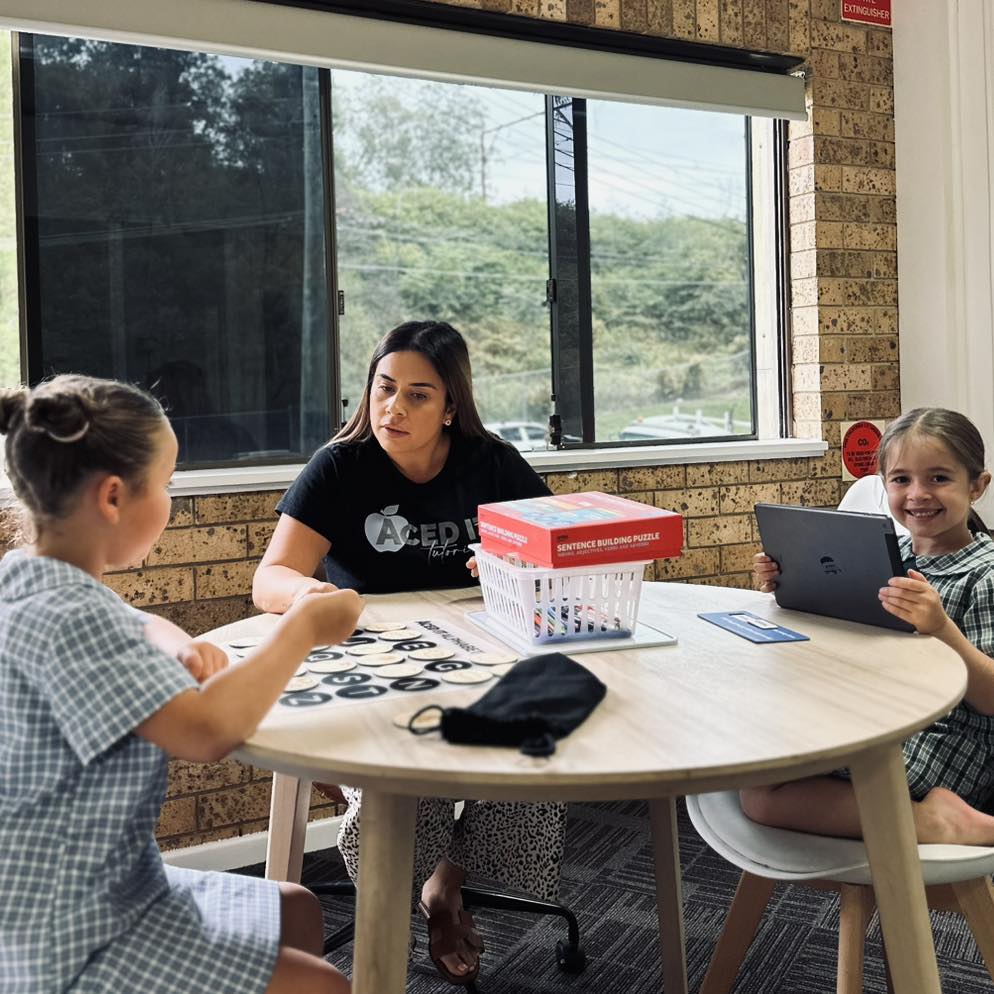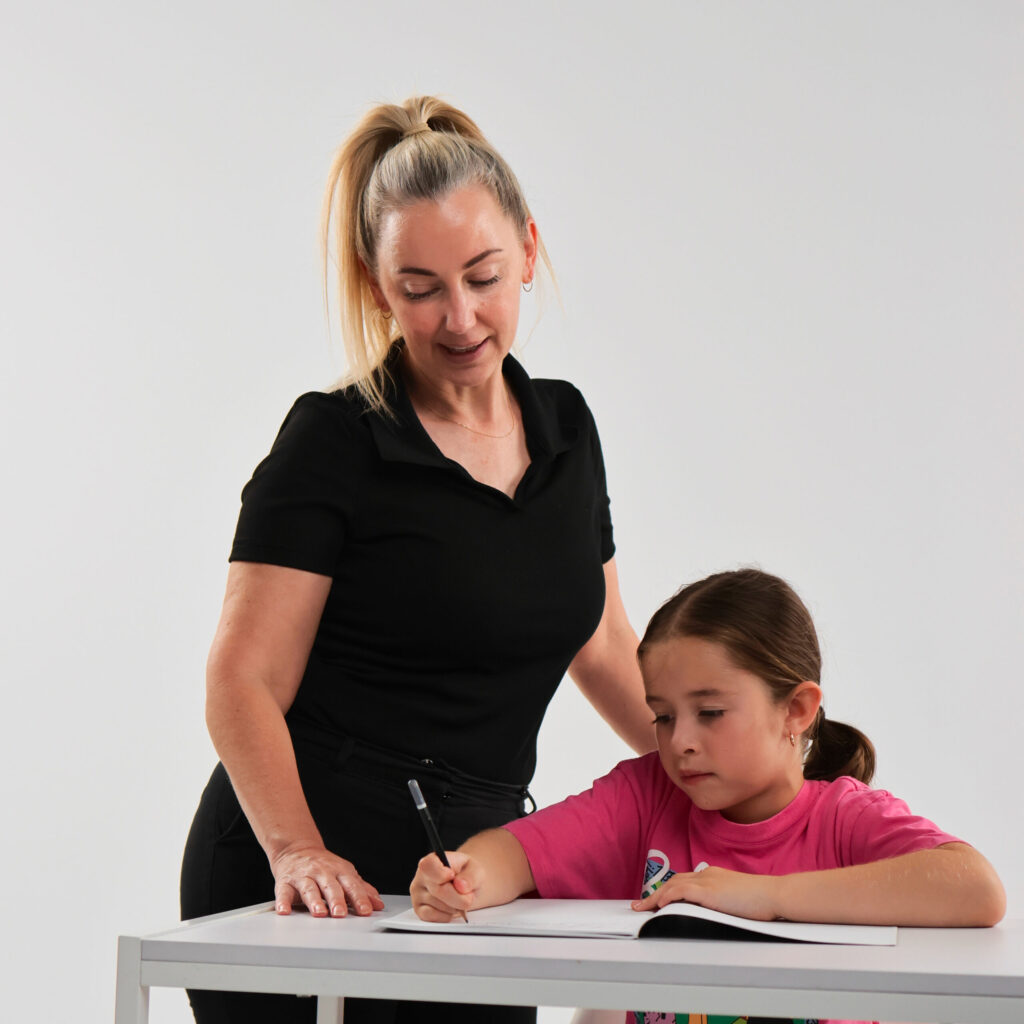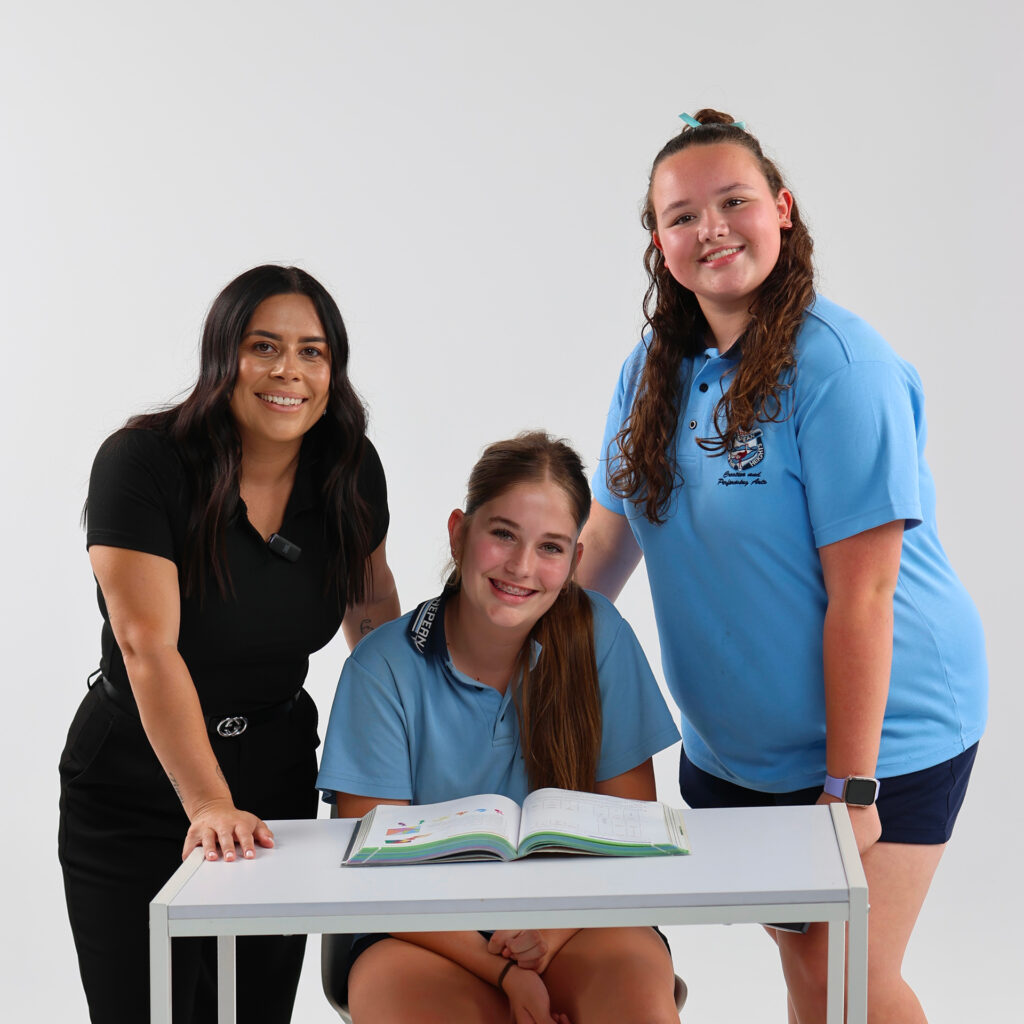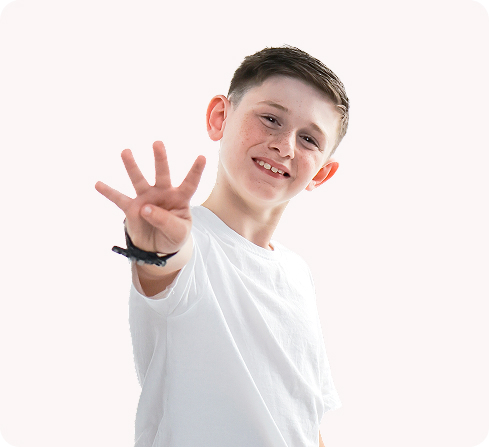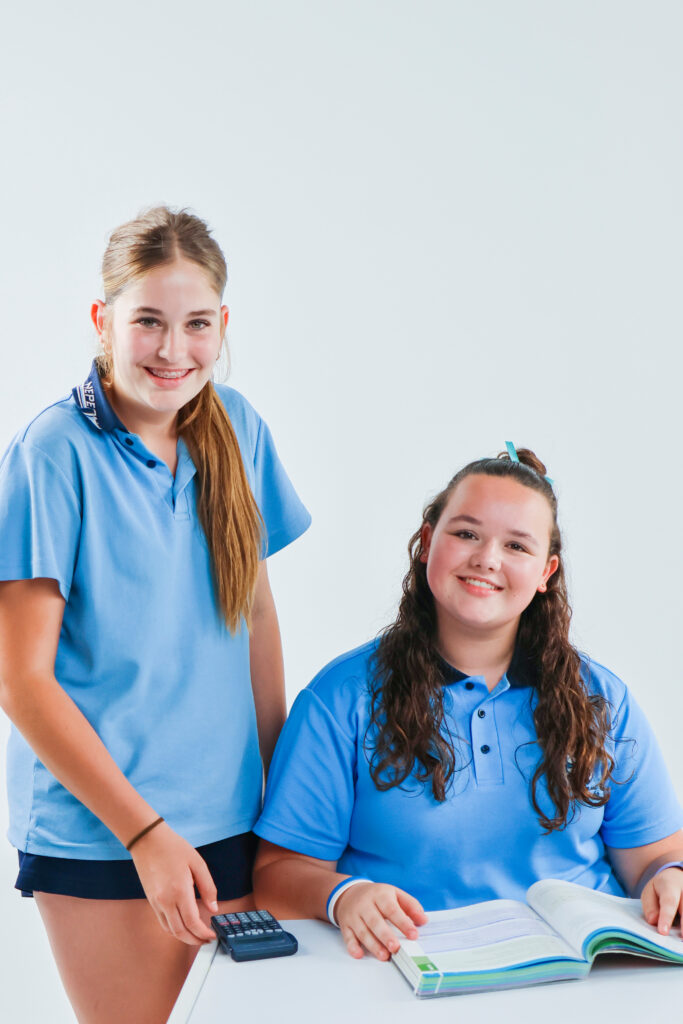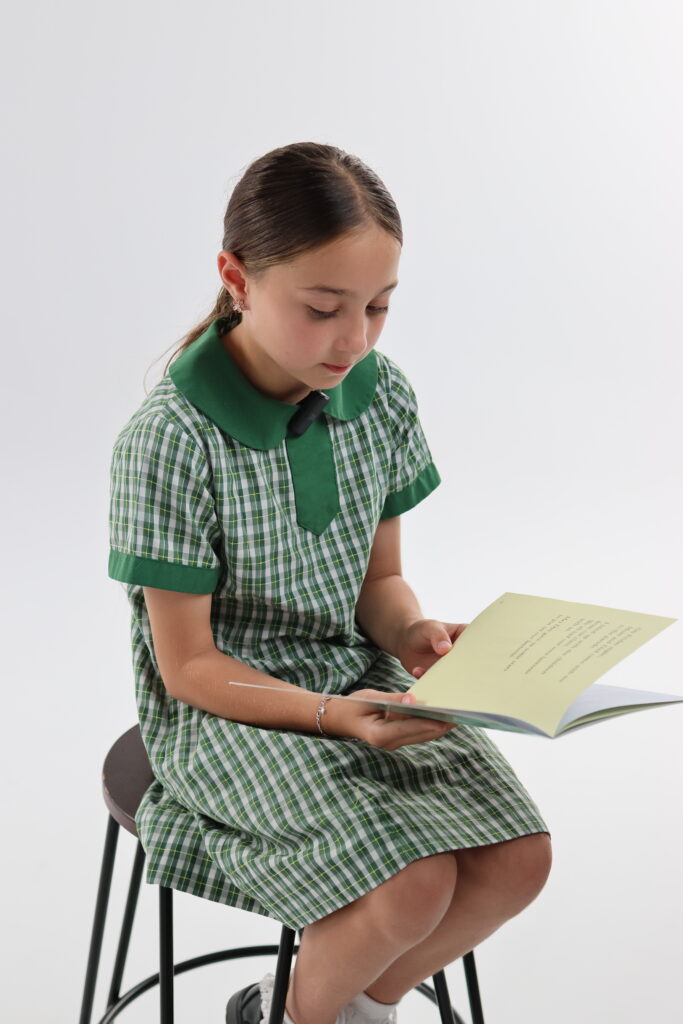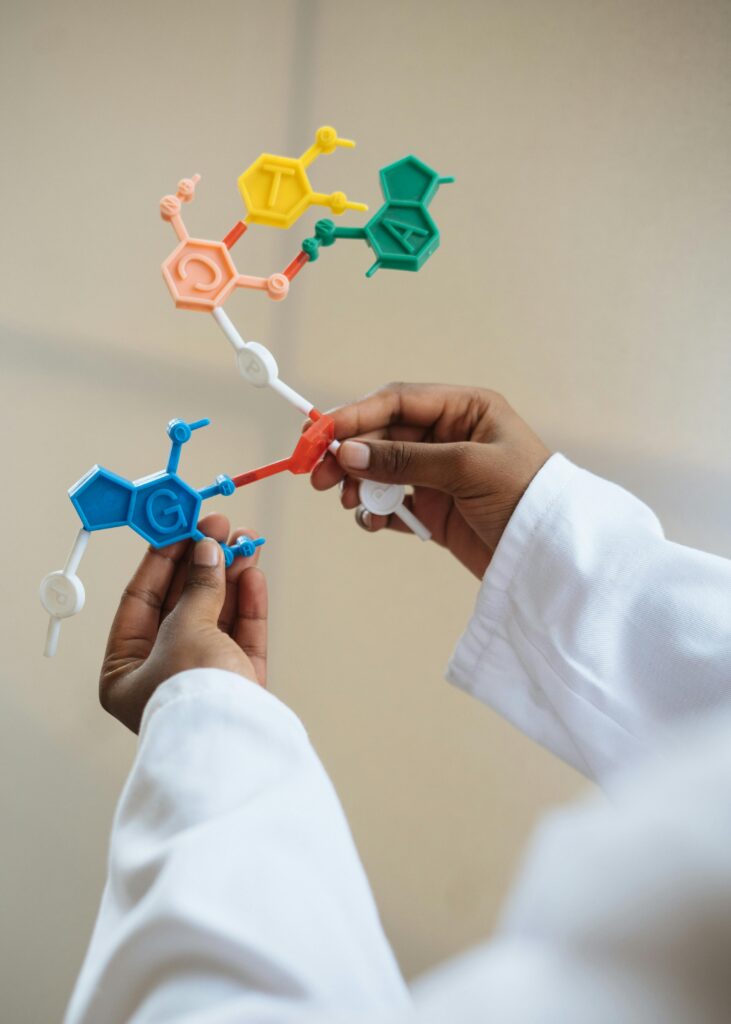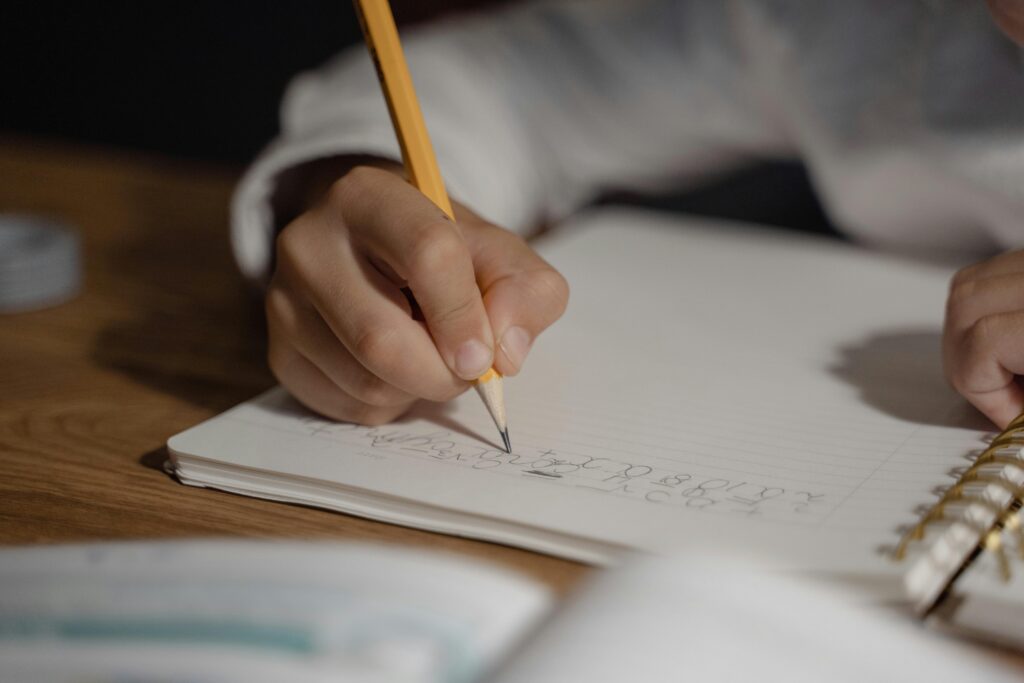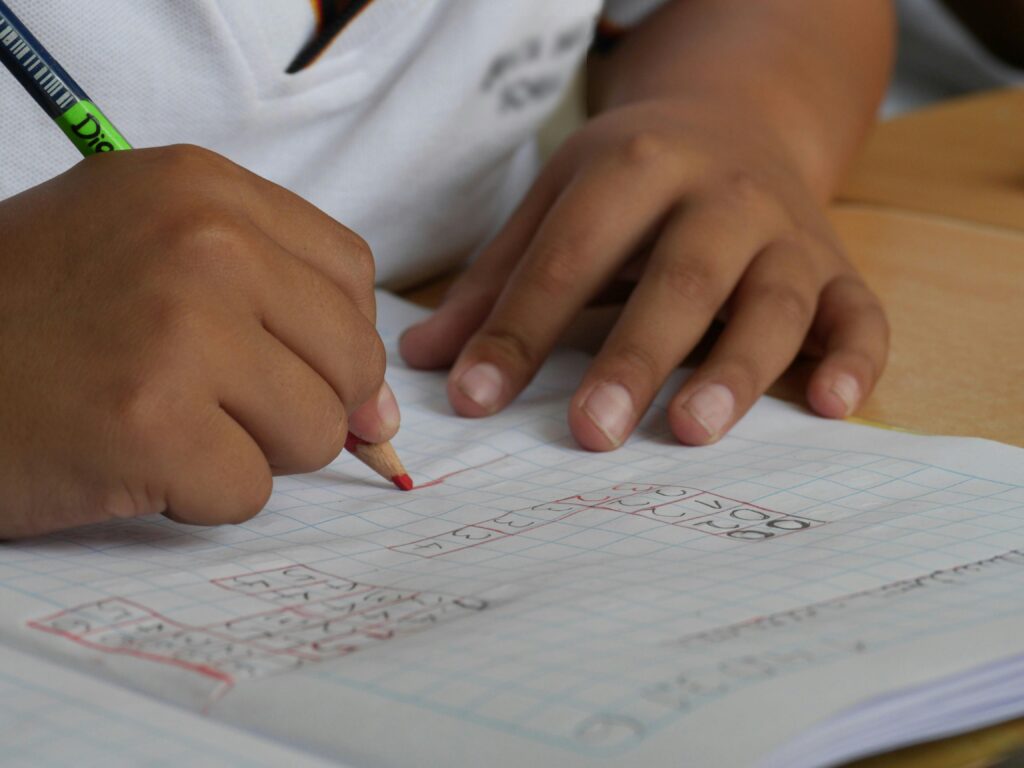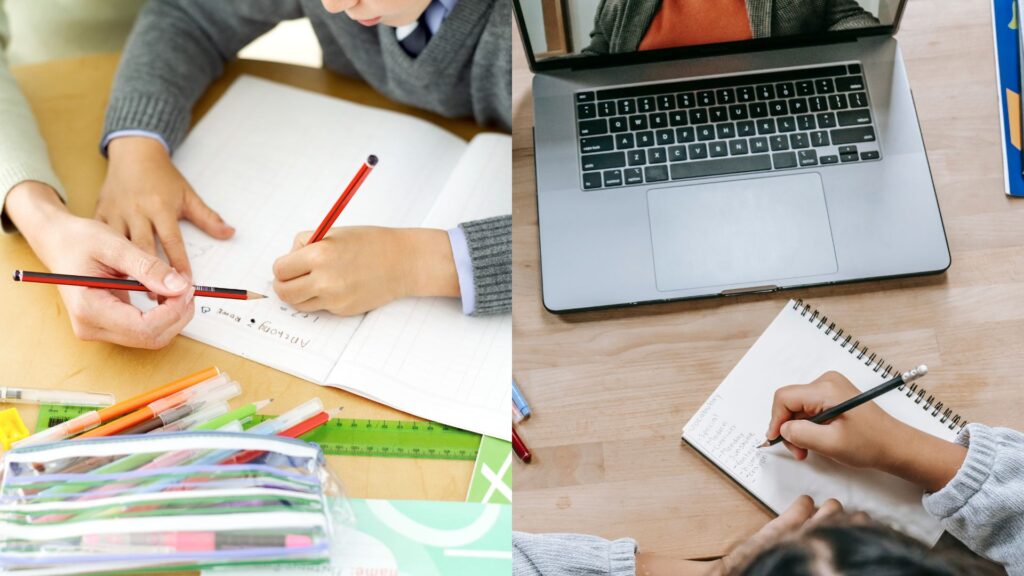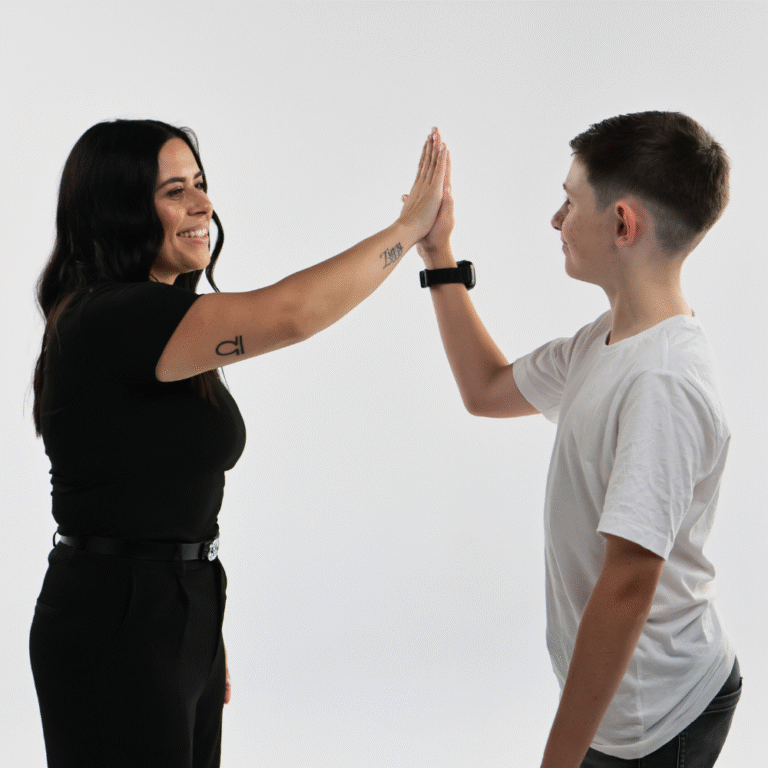Every parent knows that moment: your child brings home their report card, and you spot an area where they’re struggling. Or maybe their teacher mentions they need extra support. You want to help them succeed and feel confident at school, but with so many tutoring options available, how do you know what actually works?
Choosing between face-to-face tutoring, online sessions, or AI-powered tools can feel overwhelming. Let’s look at what Australian research says about which approach delivers real results.
Face-to-Face Tutoring: Building Confidence Through Connection
Let’s start with what the research tells us. Face-to-face tutoring, whether it’s one-on-one or in small groups, delivers the strongest results for Australian students. Evidence for Learning (backed by the Australian Education Research Organisation) found that quality tutoring can add four to five months of extra progress in just one school year. That’s significant progress that makes a real difference.
But here’s what the studies don’t always capture: watching a child’s face light up when a concept finally clicks. When tutors work directly with students, they can spot that moment of confusion before it becomes frustration. They notice when a student needs encouragement or when they’re ready to be challenged. This personal connection builds confidence alongside academic skills.
We’ve discovered something special happens in small group sessions (maximum four students). Kids get personalised attention while learning alongside peers. They realise they’re not the only one finding fractions tricky, and suddenly, asking questions doesn’t feel so scary. It’s personalised learning with the bonus of peer support.
At our Emu Plains centre, we’ve seen students who were hesitant to participate in class become confident contributors. The same transformation happens at our Warragamba location, where the smaller community setting creates an even more supportive environment.
Yes, face-to-face tutoring requires more investment than digital alternatives. But when you see your child excited about learning and achieving results they’re proud of, you understand why families choose this approach.
Online Tutoring: Flexibility with Mixed Results
Online tutoring has grown significantly since 2020, and for good reason. No travel time, flexible scheduling, and access to tutors from anywhere. For busy families juggling work, sport, and everything else, it sounds perfect.
Australian research shows online tutoring can work well when delivered live by qualified tutors in small groups or one-on-one. Some students thrive in this environment. Others find it harder to focus without the physical presence of a tutor, or they miss that personal connection that motivates them to push through challenging topics.
There are practical considerations too. Not every home has reliable internet or a quiet study space. These factors can significantly impact learning outcomes. We’ve had families from areas around Warragamba tell us that inconsistent internet made online learning during COVID particularly challenging.
AI Tutoring: A Tool, Not a Teacher
AI-powered learning tools are everywhere now. Apps that solve maths problems instantly, platforms that mark essays in seconds. The Grattan Institute and Australian universities acknowledge their potential for practice and revision.
But here’s what AI can’t do: notice when your child’s confidence is wobbling, adjust their approach based on body language, or celebrate achievements with genuine enthusiasm. AI tools work best as homework helpers, not replacements for guided teaching.
One parent from our Glenmore Park centre recently shared how her daughter had been using an AI maths app but still felt lost in class. It wasn’t until she started face-to-face tutoring that the concepts actually clicked, because her tutor could explain things in different ways until they found the approach that worked for her.
What Actually Works Best for Primary and High School Students?
Australian research consistently shows that students make the greatest progress with real human support. Someone who understands how they learn, encourages them when things get tough, and celebrates their wins.
Here’s what the evidence tells us:
- Face-to-face tutoring (one-on-one, two-to-one, and small groups) delivers the most consistent, lasting results
- Online tutoring offers flexibility and can work well with the right structure and student
- AI tools support learning but can’t replace human guidance and connection
Making Learning Personal
At Aced It Tutoring, we focus on what works: personalised, face-to-face teaching that builds confidence and delivers results. Our qualified head tutors and small group approach means every student gets the attention they deserve in an environment where learning feels achievable, not overwhelming.
We use modern tools to support our teaching, but we know that real progress happens through real connections. Whether it’s helping Year 6 students prepare for high school at our Emu Plains location, supporting HSC students through their final years at Glenmore Park, or building foundational skills with primary students in Warragamba, the personal approach makes all the difference.
Because while technology can present information, only people can truly inspire students to believe in themselves and ace their goals.
Want to see the difference personalised tutoring can make? Book a free assessment at your local centre and discover how we can help your child build confidence and achieve their potential.
